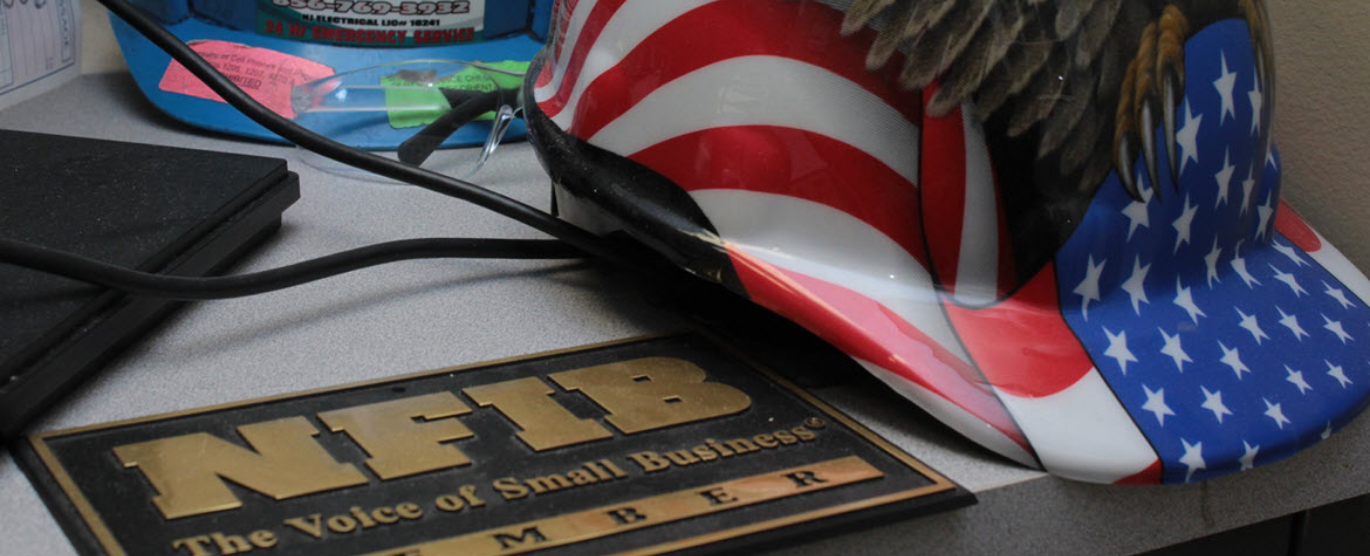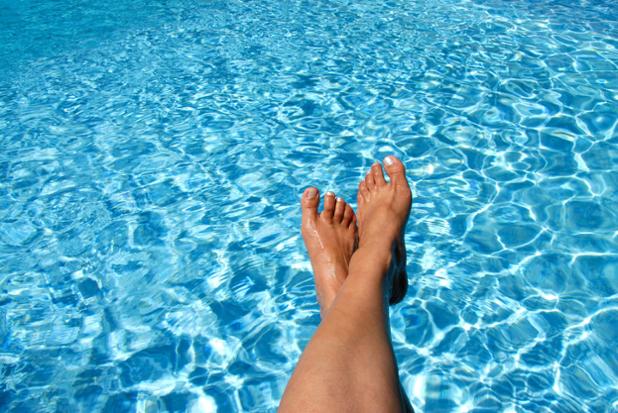You may not always think of a swimming pool as an electrical device, but consider the components that make up your pool. The pool’s filter, pumps, vacuum devices, heater and lighting are all electrical.
If you own a pool or especially if you are buying a home with a pool, it’s important that you have the pool – as well as spas and hot tubs – thoroughly inspected. Water and electricity are a volatile mix and defective electrical systems in pools can lead to serious risk of shock or electrocution.
Pools, of course, also have a plumbing component that needs inspecting and care has to be taken to meet other safety requirements. Accidental drowning remains the primary safety concern at pools.
However, some recent incidents involving swimmers receiving shocks has put a focus on electrical safety around pools.
The Consumer Product Safety Commission has advised pool owners of some potentially serious electrical hazards that can be found at home swimming pools. They include faulty underwater lighting; aging electrical wiring that hasn’t been inspected in years; the use of sump pumps, power washers, and vacuums that are not grounded; and electrical appliances (such as radios and TVs) and extension cords falling or being pulled into the water.
For electrical devices used near swimming pools, keep the devices and extension cords at least 10 feet from the pool’s edge.
For other problems, a full electrical inspection is needed.
A full electrical inspection includes:
Check that all filter motors and pumps are in working order
Check that the timer system is properly wired and in good working order
Make sure the heater works.
Check for condensation in any lighting fixtures.
Check that all wires are properly grounded
Ensure all safety controls and electrical codes have been followed.
Make sure required ground fault circuit interrupter outlets and circuits are in place
A ground fault circuit interrupter (GFCI) or Residual Current Device (RCD) is a device that shuts off an electric power circuit when it detects that current is flowing along an unintended path, such as through water or a person.
According to the National Electric Code (which is enforced in New Jersey) GFCIs should be installed:
-on underwater lighting circuits operating at 120-volts (CPSC recommends GFCIs for circuits that are 15 volts or greater);
-on pumps and electrical equipment used with pools, spas and hot tubs, including heaters close to the pool and operated on 240 volt circuits;
-on electrical circuits around pools, spas, and hot tubs;
-on all outdoor receptacles and receptacles within 20 feet of the water’s edge to protect people from injury.
For in-the-ground pools, an important area of consideration is recessed pool lighting. Defective pool fixtures are one of the leading causes of accidental shock and injury.
Pool lights have to be checked for being water-tight as well as if the systems wiring is properly grounded and running through water-tight conduits. Also, every component of a lighting system that can potentially come in contact with water must be protected with ground-fault circuit interrupters (GFI).
Lower voltage lighting options, such a LED lights, are now available for pool lights and use considerably less voltage than full 120 fault systems. Upgrading to LED options – which can be as low as 12 volts – can increase safety, performance and reduce electrical costs, but you’ll want to ensure you pick the right system for your pool.
We can help you design the right system and all electrical installations and inspections near pools should be done by a qualified electrician.
Do you have a pool, spa, or hot tub that needs to be checked for safety? Call us at: 856.769.3932.




